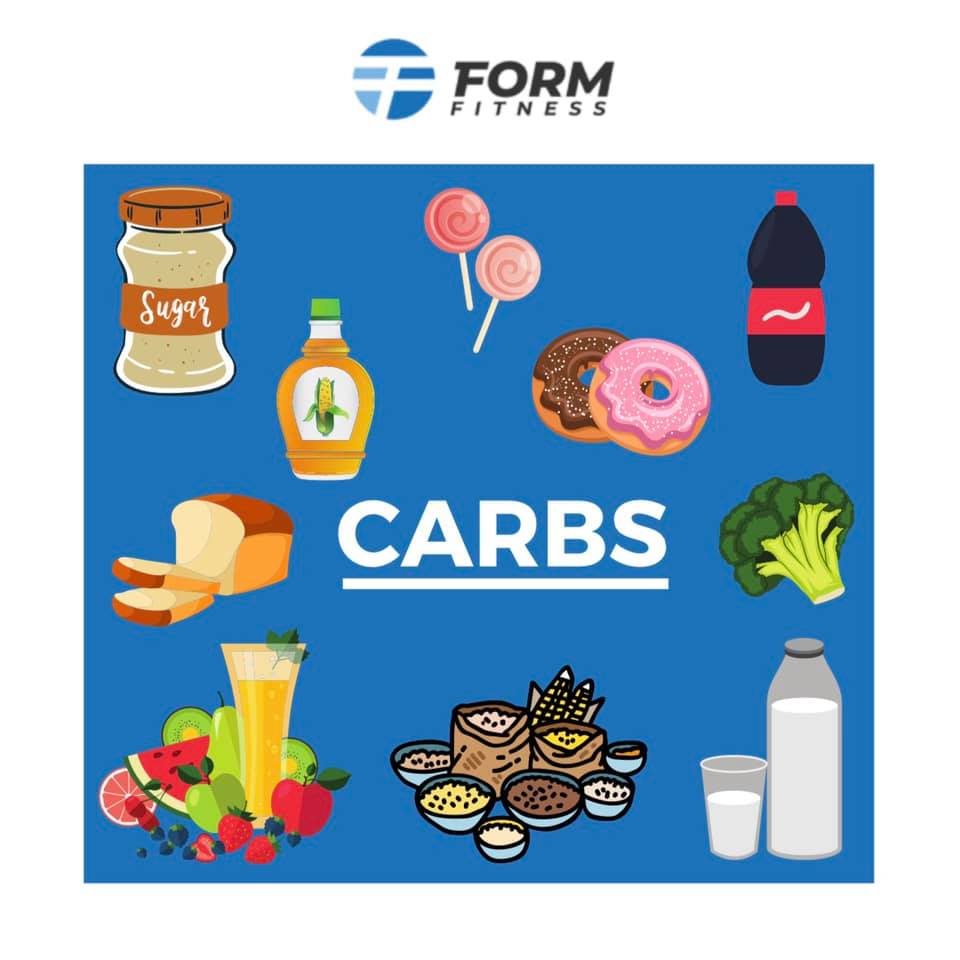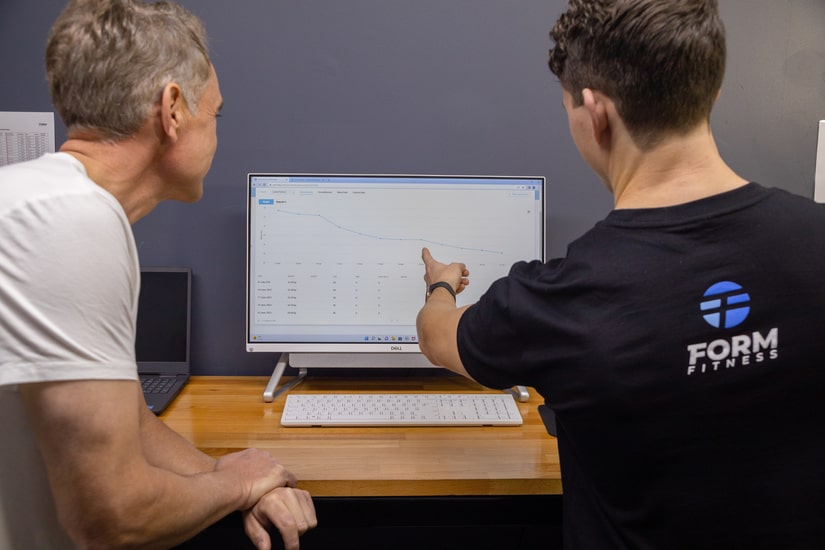Did you know that for every 1 gram of carbohydrate (glycogen) stored in the body, approximately 3 grams of water are retained?
Carbohydrates have a terrible reputation. A lot of people consider them “bad” and try to eliminate them from their diet as much as possible. But are there such things as “bad” or “good” carbs?
Let’s find out!
The good carbs
According to nutrition experts, the “good” carbs are the ones that don’t raise your blood glucose quickly. They include whole grains, legumes, and brown rice.
The bad carbs
Nutrition experts use the term “bad” carbs for the carbs that cause a quick rise in your blood glucose and include foods like white bread, sugary sodas, and cookies.
Good vs. bad carbs
The idea that carbs are “bad” or that they make you gain weight isn’t accurate. Some carbohydrates contain excess amounts of refined sugar, which aren’t good for your health in general, but consuming a small amount occasionally won’t kill you or make you fat. It is an excess amount of food that will cause fat gain.
Carbohydrates are the body’s primary source of energy. They help fuel your brain, kidneys, heart muscles, and central nervous system. Australian dietary guidelines recommend that 45-65% of your daily calories come from carbohydrates, equal to 225-325g of carbs daily.
There are two kinds of carbohydrates:
- Simple carbs: These are sugars. Some occur naturally in milk, but most of the time are added to foods. Examples are raw sugar and corn syrup.
- Complex carbs: These contain a lot more nutrients compared to simple carbs. They are higher in fiber and starch and digest a lot slower, which makes them more filling. Examples are fruits, vegetables, nuts, beans, and whole grains.
Carbohydrates are made up of three main components; fiber, starch, and sugar.
Fiber & starch are complex carbs, whereas sugar is quite a simple carb. It depends on how much of each of these is found in food, and this will determine the quality.
The key is finding the right carbs, NOT avoiding them altogether.
If you or someone you might know is in need of help with their training, feel free to contact us. Our experienced and passionate coaches team is here to help our community move & feel better from our premier personal training facility in Pymble.
Faqs
Why shouldn’t you eliminate carbs?
If your body doesn’t have enough stored carbohydrates, you’ll feel weak and fatigued too quickly. It’s entirely unnecessary to eliminate carbs. The reason is that it increases your risk of nutrient deficiencies along with reducing energy levels.
What happens if you suddenly stop eating carbs?
If you suddenly stop eating carbs, the fat in your body starts to break down into ketones via a process called ketosis to get energy. Ketosis then leads to flu-like symptoms of weakness, fatigue, headaches, and dizziness.
What carbs should you stay away from?
It would be ideal for you if you stayed away from refined foods. Refined carbs are the ones that are processed so much that the natural fiber is changed or removed. This includes foods like white bread, sugary beverages, white flour, etc.
Are carbs OK in moderation?
Yes, of course! Eating carbs in moderation is best for living a long and healthy life. According to a study, consuming low-carb diets in which proteins and fats replace carbs may shorten your life expectancy by up to 4 years.
References
Statista. (2020). Average daily macronutrient intake per capita in Australia FY 2020, by type. https://www.statista.com/statistics/1172045/australia-estimated-mean-daily-macronutrient-intake-per-capita-by-type/#:~:text=Australian%20and%20New%20Zealand%20dietary,to%20310%20grams%20per%20day.
The Lancet Public Health. (2018). Dietary carbohydrate intake and mortality: a prospective cohort study and meta-analysis https://www.sciencedirect.com/science/article/pii/S246826671830135X?via%3Dihub






